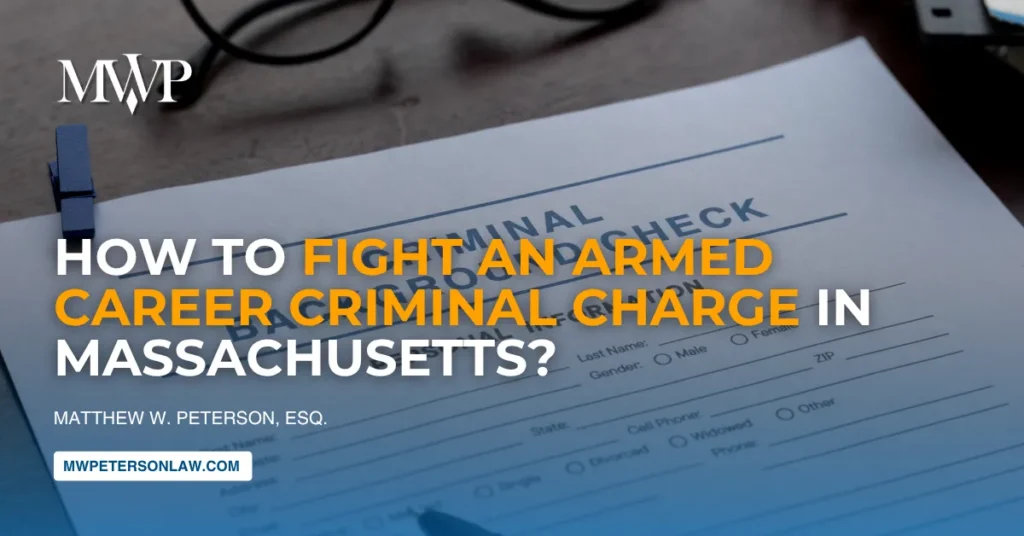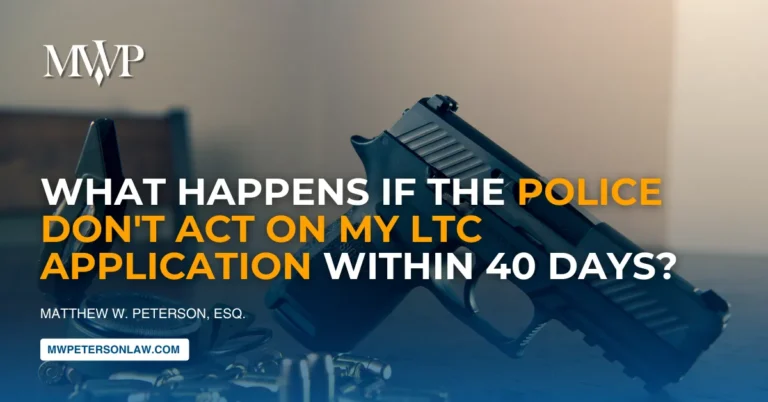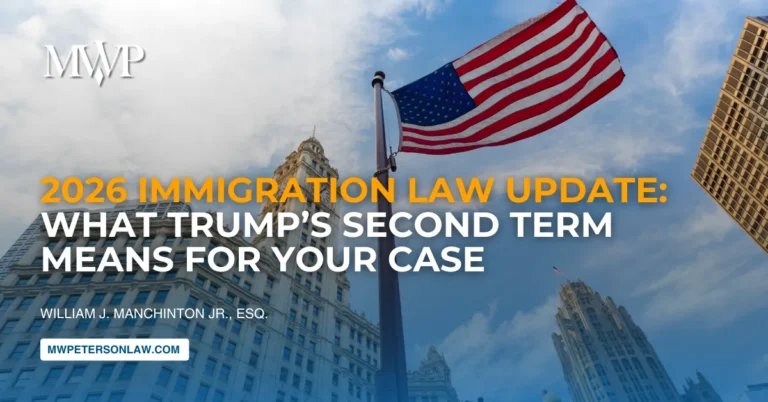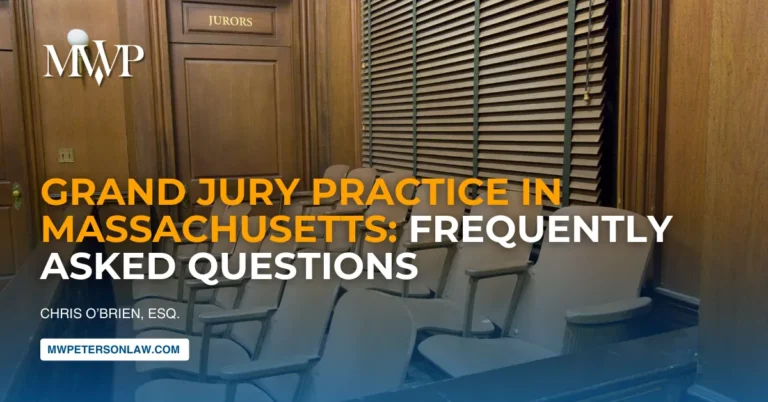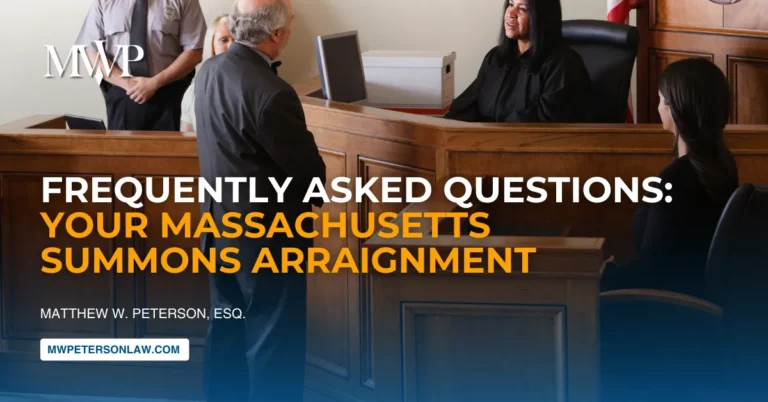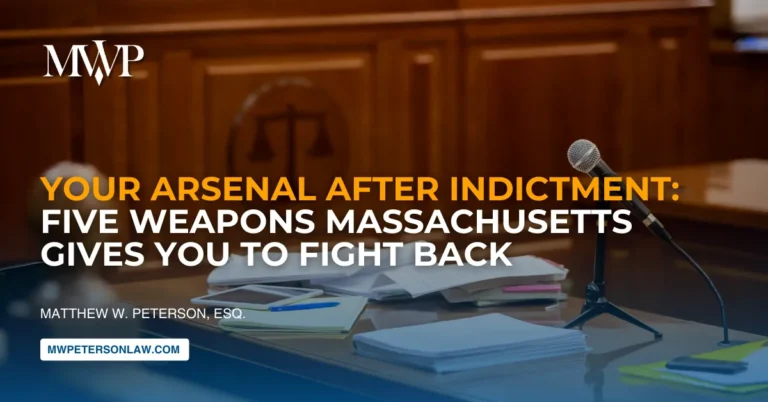If you’re facing an armed career criminal charge in Massachusetts, you’re looking at some of the most serious penalties in state law. These charges carry mandatory minimum prison sentences that can drastically impact your life. Understanding what you’re up against and how to defend yourself is critical.
What is an Armed Career Criminal Charge?
Massachusetts law imposes enhanced penalties on people with a history of certain crimes who are charged with new firearms offenses. To qualify as an armed career criminal, you must have prior convictions for what the law defines as “serious drug offenses” or “violent crimes,” and now face a new gun charge.
The penalties depend on how many prior qualifying offenses you have:
- Level 1 (one prior violent or drug offense): 3 to 15 years in prison
- Level 2 (two prior violent or drug offenses): 10 to 15 years in prison
- Level 3 (three or more prior violent or drug offenses): 15 to 20 years in prison
These are mandatory minimum sentences, meaning a judge cannot sentence you to less time even if they want to.
Defense Strategy #1: Challenge the Underlying Gun Charge
The most effective way to fight an armed career criminal charge is to beat the underlying firearms charge. If the prosecution can’t prove you committed the new gun offense, the armed career criminal charge falls apart entirely.
Common defenses to firearms charges include filing a motion to suppress evidence if police violated your constitutional rights during a search. You might also challenge whether you actually possessed the firearm, or argue that a licensing exception applies to your situation. Every gun case is different, and the right defense depends on the specific facts.
Defense Strategy #2: The Bifurcated Trial Process
If you’re convicted of the firearms charge, the case moves to a second phase where the prosecution must prove the armed career criminal enhancement. This is called a bifurcated trial, meaning it happens in two separate parts.
During this second phase, the prosecution has to prove beyond a reasonable doubt that you are the same person who was convicted of the prior offenses. This might sound simple, but it’s not. The prosecution needs more than just matching names or even matching dates of birth. They typically need someone to identify you in court, or they need biological information like fingerprints to make the connection. This requirement creates real opportunities for defense.
Defense Strategy #3: Challenge Whether Prior Offenses Qualify
Even if the prosecution can prove you’re the same person, they must also prove that your prior convictions qualify as “serious drug offenses” or “violent crimes” under Massachusetts law. This is a complex area of law with many court decisions defining what counts and what doesn’t.
Surprisingly, some offenses that sound violent don’t actually qualify under the legal definition. For example, certain assault and battery with a dangerous weapon charges are not considered “violent crimes” for armed career criminal purposes. The law on this topic is technical and constantly evolving through court decisions, which is why consulting an experienced Boston criminal defense attorney is essential.
Get Help from Boston's Premier Firearms Lawyers
Armed career criminal charges are among the most serious you can face in Massachusetts. The mandatory minimum sentences are severe, but these cases can be fought and won with the right legal strategy. Whether it’s challenging the gun charge itself, questioning the identity evidence, or arguing that prior convictions don’t legally qualify, experienced defense makes all the difference. If you’re facing firearms charges or an armed career criminal accusation, call the Law Office of Matthew W. Peterson at 617-295-7500 to have a strategy session.

